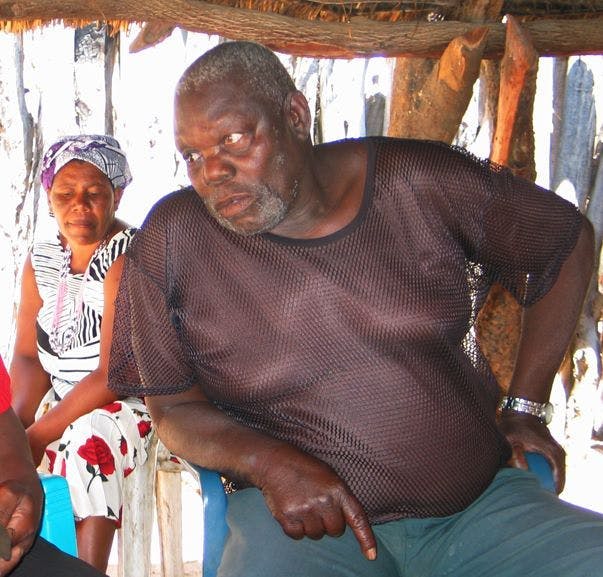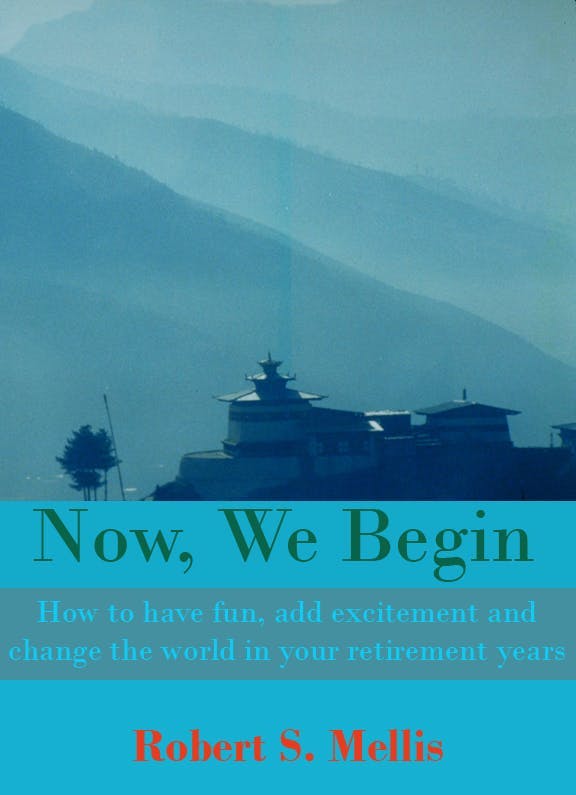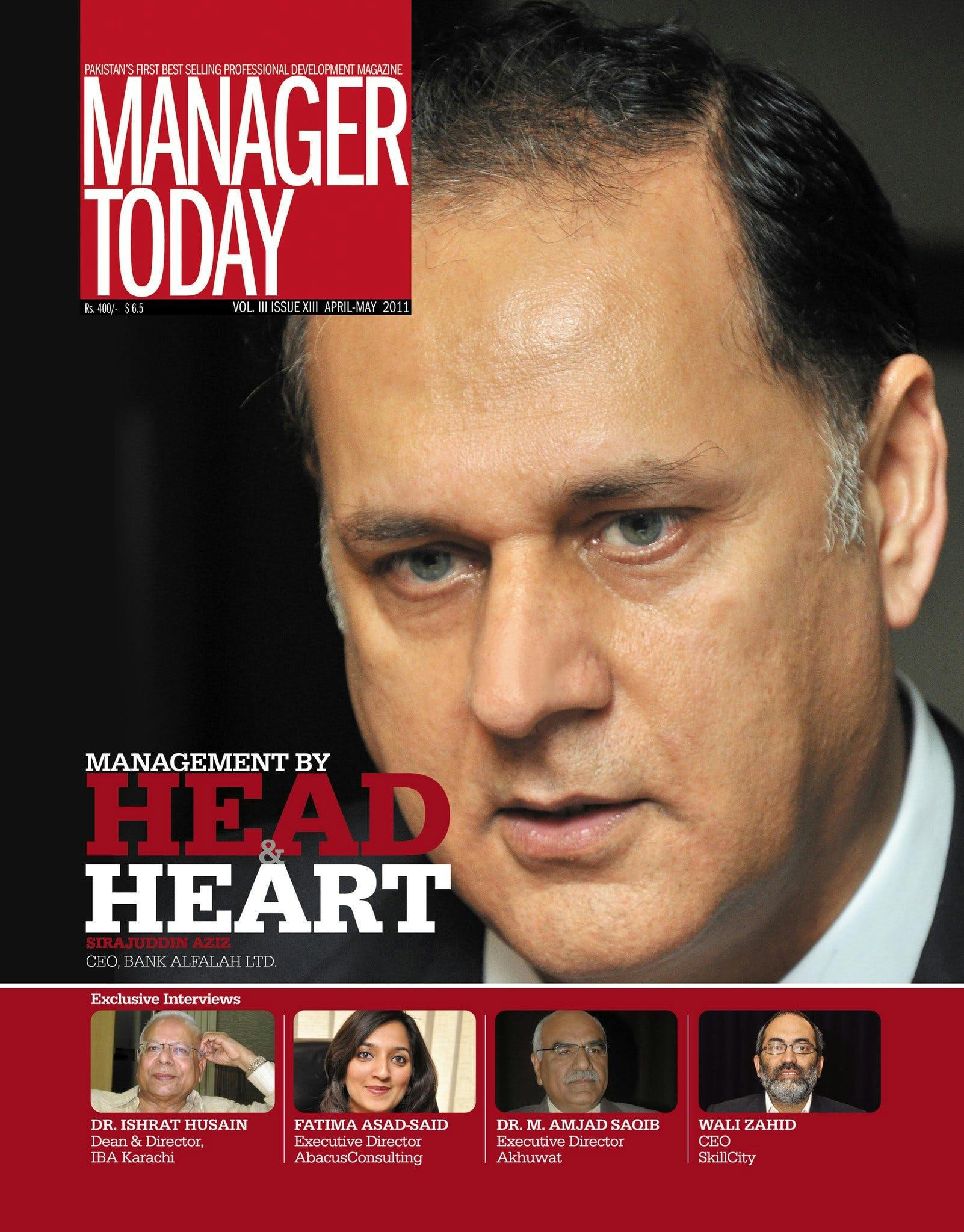Of an African tribal king and a white ghost in Islamabad

Guest Post | Robert S. Mellis, formerly a newspaper Editor in the US
I’m not so sure, anymore. And I like that.
Now, as I push that envelope and approach my mid-seventies, my answers tend to be more nuanced. I tend to listen more. And I see my life and our world in a thousand shades of a rainbow spectrum.
I don’t see things in shades of grey, however. Gray is such a nondescript shade. It’s neither here nor there. But a rainbow spectrum captures my needs at so many levels. There’s beauty in it. And subtlety. And infinite range.
When I hear my neighbors define Islam as a culture/religion of hate and intolerance, I stiffen and remind them of the intolerance of our more rabid Christian sects.
When I hear disparaging/racist comments about American blacks, I fear for the fabric of our society, where racism remains embedded deep within our national soul.
This is all part of the human condition, of course. I try to remember the simple lessons I have seen in my past.
Like this. The old man, walking along a dusty street with his son or grandson, many kilometers from the capital of Islamabad (near Bari Imam grave). I was walking that street with my friend and confidant, Wali Zahid.
Wali leaned toward me and whispered: “The man just told his son, ‘stay close by me, for that may be a white ghost’.”
I was an unknown quantity in his life. Perhaps he’d never seen a white man before. Certainly, his son had not. So, what you do not know and understand, you will probably fear.

And in the north of Namibia, on Africa’s southwest coast, I came into contact with a tribal king, Hompa Daniel Sitentu Mpasi (top picture). He was a great, imposing bear of a man. And he suffered from asthma.
I’ve had my own problems with asthma. So, when I noticed King Mpasi using an aerosol inhaler improperly I could not help but explain to him how he needed to suck in the contents, deep within his lungs, hold it there for three or four seconds before breathing out.
My companion and reporting friend, Oswald Shivute, was hesitant about telling the great man how to use an inhaler. But he translated my words.
King Mpasi looked stern about being guided by a white guy but he followed my advice and sucked in the inhaler, held his breath and then expelled. He did it a second time. And, immediately, he began to get asthmatic relief. “My brother,” he told me as he reached out and shook my hand.
These are pearls beyond any price in the memory bank of my life. And they make up the warp and woof of the fabric of my rainbow spectrum.

Robert S. Mellis began his career in journalism in 1956 in Scotland. He was the youngest editor of a weekly newspaper in that country at age 18 and emigrated to the U.S. in 1960 at age 20.
He has worked at some of the best (and worst) newspapers in the U.S. and, after retiring, began to travel the world as a journalist-trainer and mentor.
Back in 1995, Robert visited Pakistan as an ICFJ Knight Fellow to train journalists at the invitation of Wali Zahid’s Institute of Media & Communications in Islamabad (IMC). Robert is the author of Now, We Begin, in which he has devoted one chapter on Pakistan and Wali Zahid. Now, We Begin available at Amazon.
He and his wife, Jo, now live full-time in a motorhome and travel the U.S., working as volunteers in the national and state park system.
Robert blogs here.

Wali Zahid
Wali Zahid is a longtime China watcher and a Pakistan futurist. An award-winning journalist, he writes on issues of significance to Pakistan and CPEC & BRI.
Related posts


